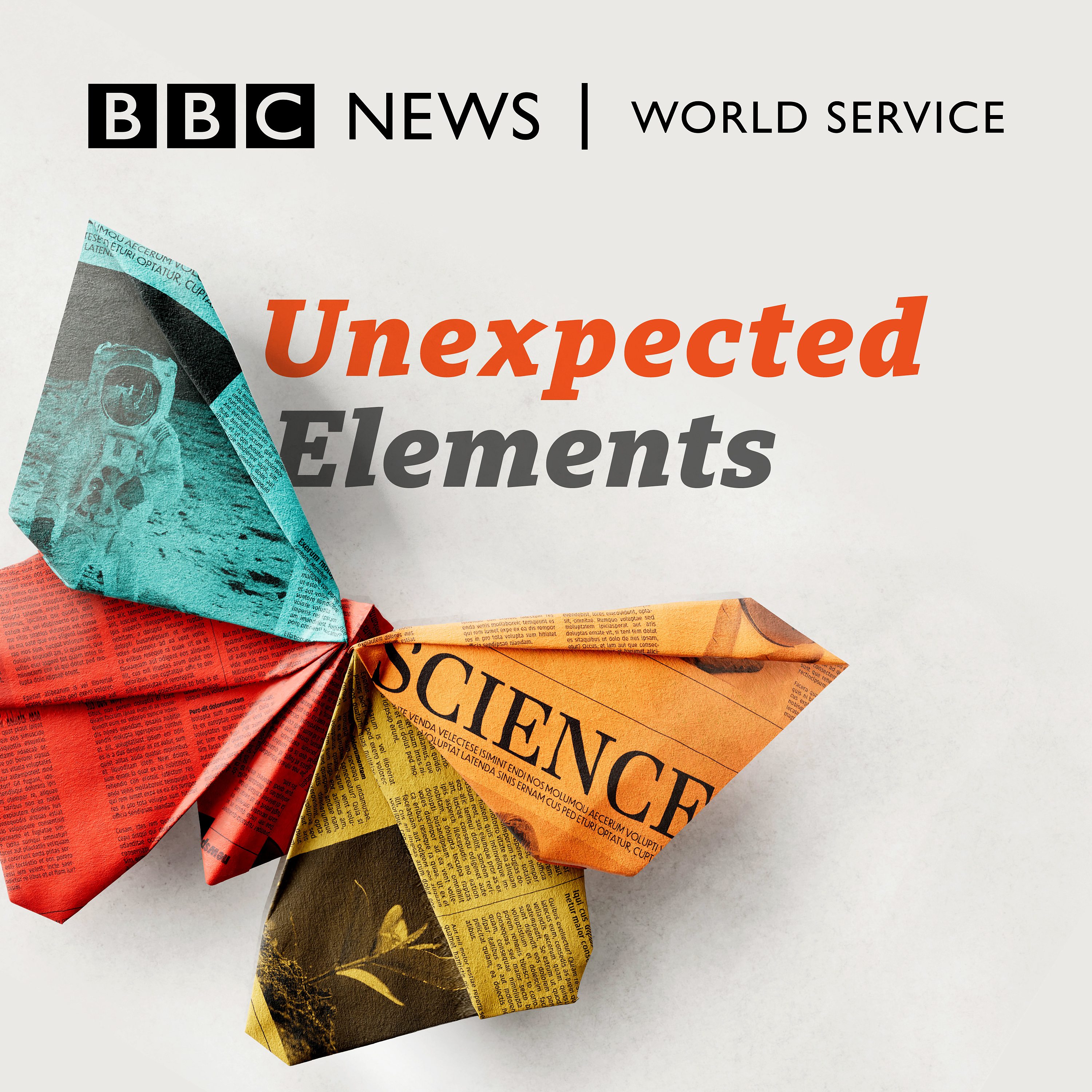Science on ice
Description
Pull on an extra layer and stay toasty whilst Science in Action braces for a deep freeze. Whilst we know plenty about the ice on the Earth’s poles, Roland is on a chilling journey to see what can be found in deep space.
Professor Christoph Salzmann and Professor Andrea Sella at University College London have produced a new phase of ice. Roland heads to the laboratory to see how the usual crystalline ice, found in ice cubes and icebergs, can be broken down and arranged into a new structure.
The James Webb Space Telescope has detected the coldest ices to date, deep within a molecular cloud in outer space. Professor Melissa McClure describes how these clouds harbour a variety of different molecules potentially capable of forming the basic building blocks for life.
From the edges of the universe to something a little closer to home, Professor Geoff Collins and colleagues have discovered odd tectonic plate activity on icy Europa, one of Jupiter’s moons.
We generate a huge amount of noise, whether it’s our rumbling roads, pumping parties, or talkative tourists. And the topic of noise also generates a lot of questions from our listeners. In this episode we explore three of them, with the help of acoustic scientist Kurt Fristrup and neuropsychologist Catherine Loveday.
Listener Dominique finds it hard to experience even one minute of a natural soundscape without some intrusion of human-made noise. He wonders how noise pollution is affecting both the natural world and us humans. We discuss just how noisy our modern world is, and visit a National Park in California to hear how they’re encouraging more peace and quiet there.
Meanwhile Michelle, having witnessed her husband wince in pain at the sound of squeaking takeaway boxes, asks why certain noises are particularly unpleasant or even painful to some people.
And finally, Jennifer has a sonic mystery for us to solve: why does the time of day make such a difference to the distant noises reaching her remote home?
More Episodes
Beyonce's new album tops the charts with a reappraisal of who can do country music and the Unexpected Elements team has a hoedown. Panellist Christine Yohannes unearths new research that changes our understanding of the origins of cowboys. Chhavi Sachdev has a thing or two to teach Beyonce as she...
Published 04/12/24
In a year when billions of people have been to the ballot box, what do stickleback fish have to do with it? Alex Lathbridge, Tristan Ahtone and Candice Bailey discuss some unexpected elements of electoral studies.
Can ancient geology really map election outcomes? What has machine learning done...
Published 04/05/24
Published 04/05/24


